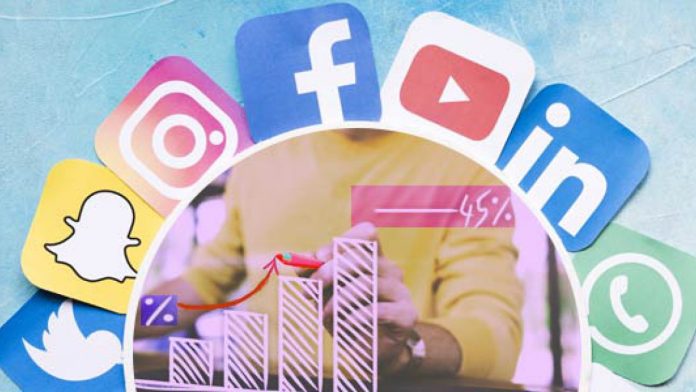- No human being in his/her right senses would deny valid concerns about the subject matter with a nonchalant brush of a hand. Information technology has revolutionized the way humankind goes about its chores in the modern-day world and is much beyond being described as mindboggling. Yes, we are increasingly becoming dependent on the technologies so dynamically evolving by the day. Smart solutions are driven by internet-enabled digital applications which are pervading our lives in more ways than one. We are basking in the technology-driven modern initiatives that enable us to browse comfortably anything and everything, including information and entertainment, sitting at home and on our palms and laptops as well. Life is easy, you see.

PC: MADHUR SINGHAL
- Digital revolution witnessed around the world also produced extremely popular social media platforms becoming an instant hit amongst every age category. As is the case with any newly introduced initiative losing novelty factor, social media too is not spared of associated pitfalls despite being patronized by billions. Newsreport about a study of American college-goers conducted around the time of Facebook’s staggered rollout on US campuses between 2004 and 2006 (it was thrown open to the general public in 2006) reveals disturbing statistics. The report shows what’s been widely apprehended for years – regular use of social media has a pronounced negative effect on mental health. This was always known but is backed by irrefutable statistics now.
- The forthcoming paper in the American Economic Review, based on biannual mental health surveys done across US campuses of 4.3 lakh respondents in that period, correlated to the introduction of Facebook on each campus. It found a 9% increase in depression and a 12% increase in anxiety disorders over the pre-FB period mean, which researchers said was due to Facebook increasing the ability of students to do unfavourable social comparisons. More worryingly, it noted a 23% increase in students reporting academic impairment as a result of mental health decline. Scoping out the research for current times, researchers also attributed 24% of the jump in depression rates in the US over the past two decades to Facebook use.

PC: HT Correspondent
- Further, the US CDC had found that relatively stable suicide rates among 10-14 year-olds between 2000 and 2007 had shot up 57% between 2007 and 2017. India also tells a similar story. There were 43,000 victims of suicide in the sub-30 age group in 1991, which rose marginally to 45,000 in 2006, but then saw a near 50% rise to 67,000 in 2021. Understand that this is the time social media usage spread rapidly. While Indian authorities take great pains to criminalise addictions of many kinds, social media in many ways is a worse menace. Moreover, all social media employing scandalously few content checkers adds up to a real and deepening 21st-century problem. Thus, it’s incumbent governments need to think beyond the usual regulations to curb the trend.






